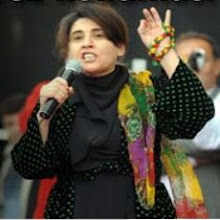
A joke circulating in Paris early in 1919 held that the peacemaking Council of Four, representing Britain, France, the U.S. and Italy, was busy preparing a "just and lasting war." Six months of parleying concluded on June 28 with Germany's coerced agreement to a treaty no Allied statesman had fully read, according to MacMillan, a history professor at the University of Toronto, in this vivid account. Although President Wilson had insisted on a League of Nations, even his own Senate would vote the league down and refuse the treaty. As a rush to make expedient settlements replaced initial negotiating inertia, appeals by many nationalities for Wilsonian self-determination would be overwhelmed by rhetoric justifying national avarice. The Italians, who hadn't won a battle, and the French, who'd been saved from catastrophe, were the greediest, says MacMillan; the Japanese plucked Pacific islands that had been German and a colony in China known for German beer. The austere and unlikable Wilson got nothing; returning home, he suffered a debilitating stroke. The council's other members horse-traded for spoils, as did Greece, Poland and the new Yugoslavia. There was, Wilson declared, "disgust with the old order of things," but in most decisions the old order in fact prevailed, and corrosive problems, like Bolshevism, were shelved. Hitler would blame Versailles for more ills than it created, but the signatories often could not enforce their writ. MacMillan's lucid prose brings her participants to colorful and quotable life, and the grand sweep of her narrative encompasses all the continents the peacemakers vainly carved up. 16 pages of photos, maps.
Copyright 2002 Cahners Business Information, Inc.
Amazon
Download

No comments:
Post a Comment